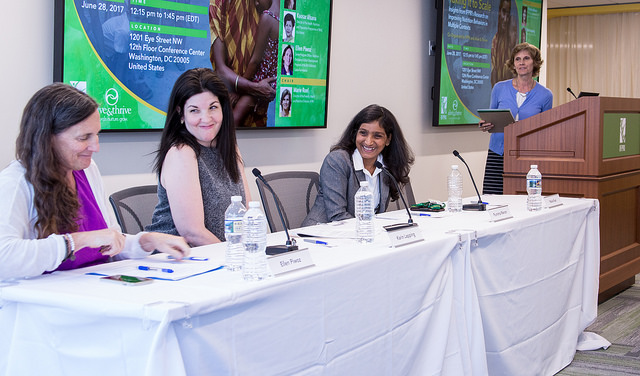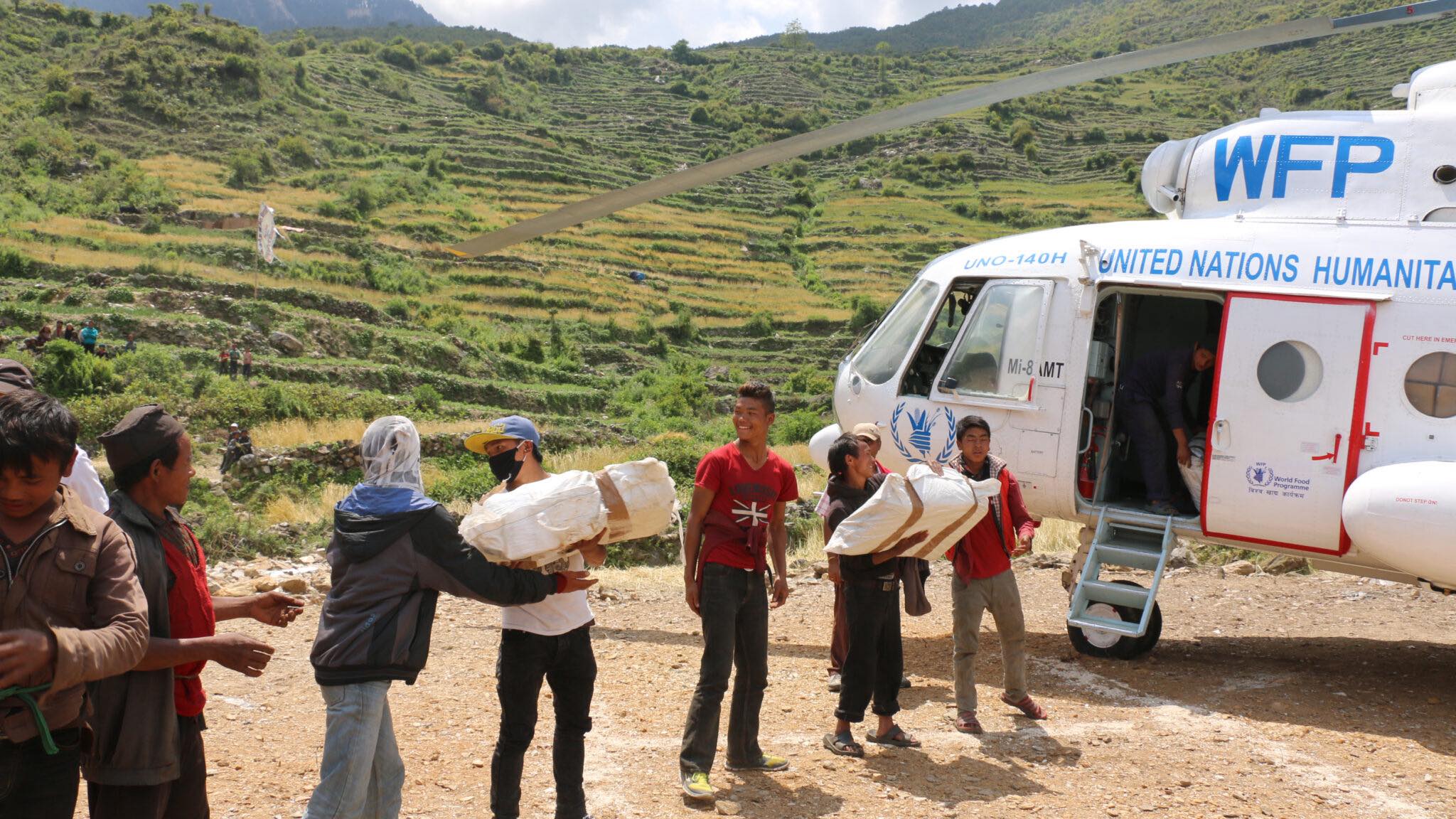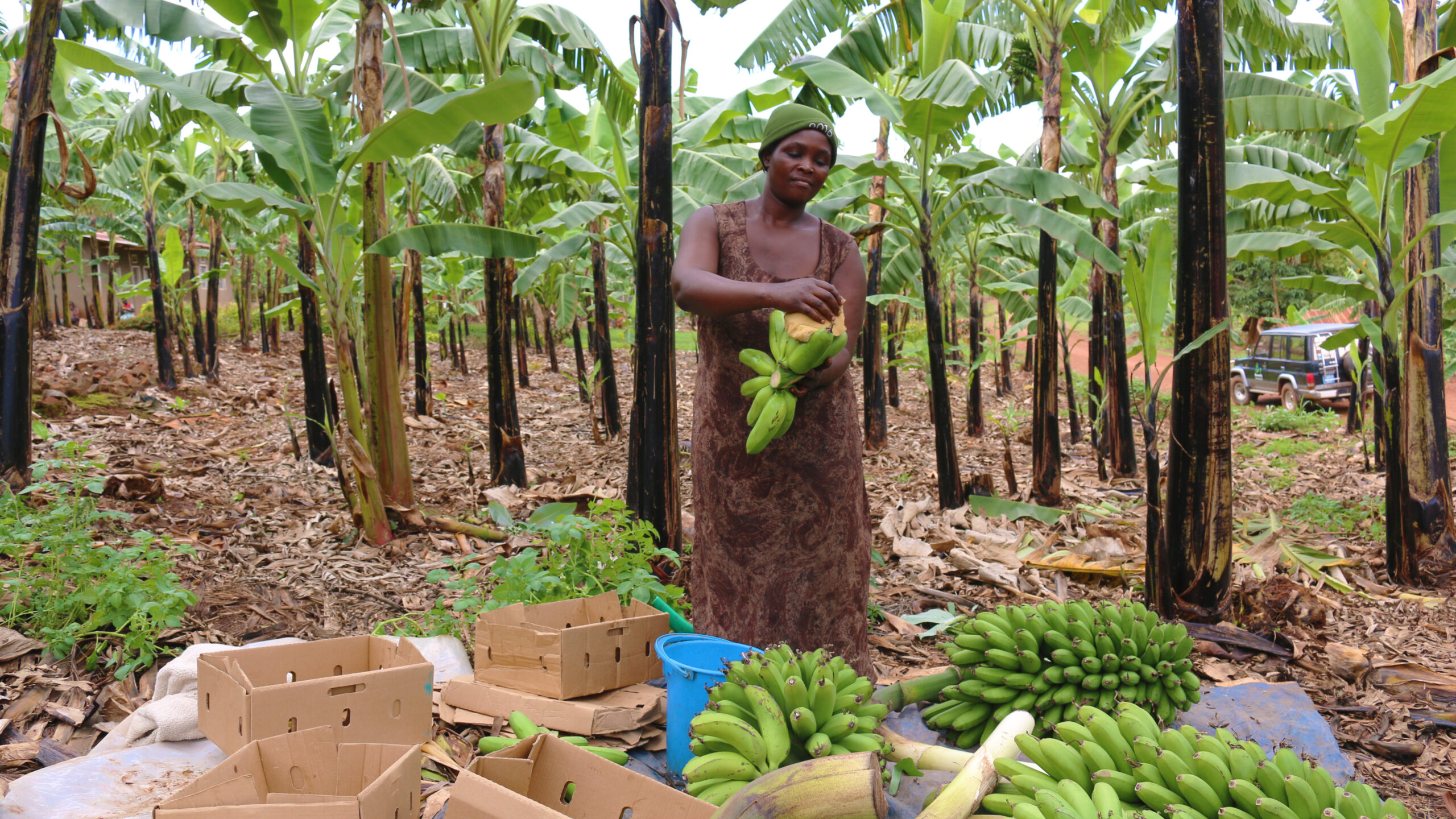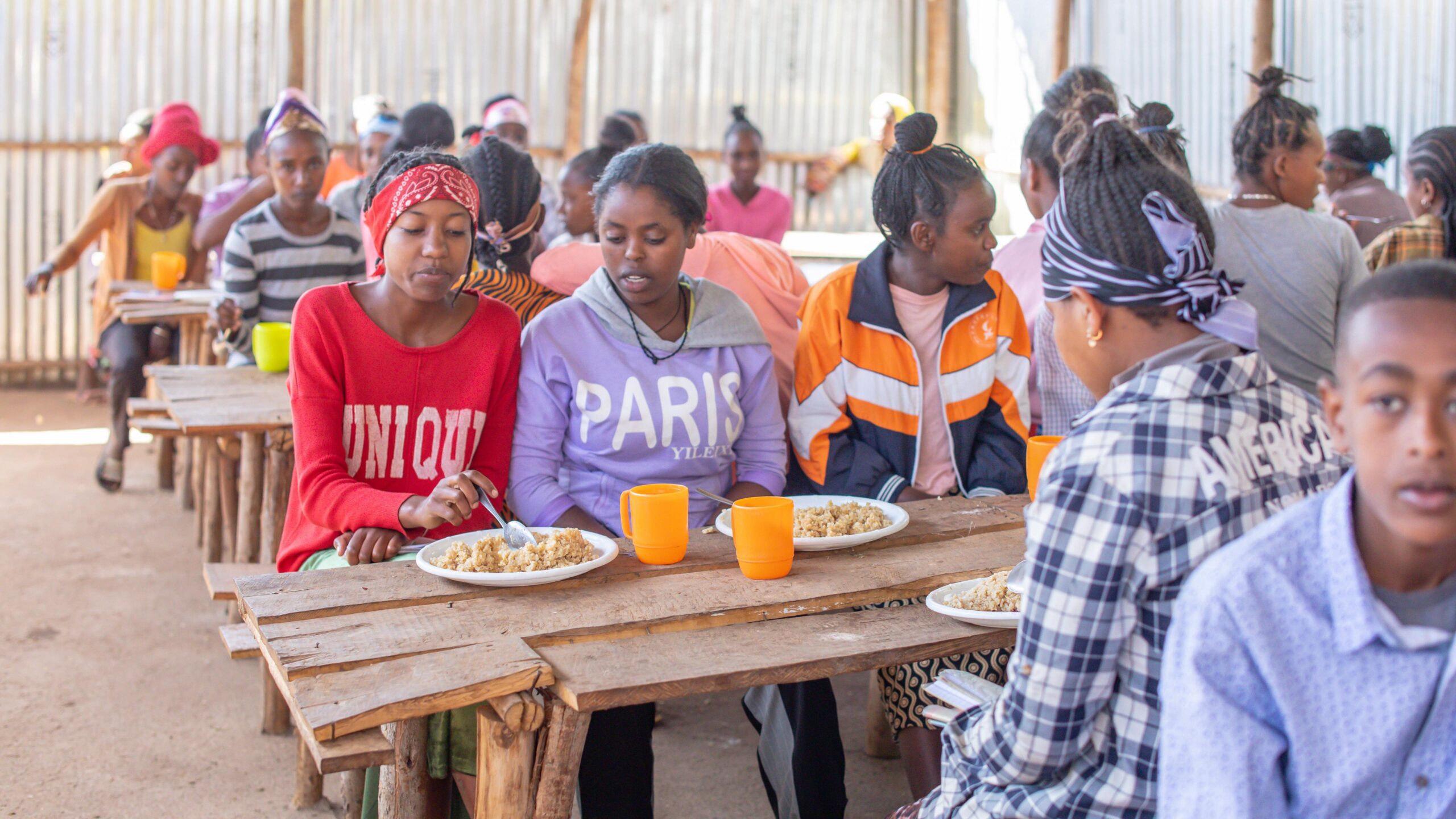The Alive & Thrive research partnership—which promotes maternal nutrition, breastfeeding, and complementary feeding—has had substantial successes so far in Bangladesh, Ethiopia, and Viet Nam. Participants at a recent IFPRI seminar discussed the program’s impacts and how to build on them going forward.
“Projects on improving behavior change communication are unfashionable,” said Marie Ruel, Director of IFPRI’s Poverty, Health, and Nutrition Division at the seminar, Taking It to Scale: Insights from IFPRI’s Research on Improving Nutrition Behaviors in Multiple Contexts. But Alive & Thrive has overcome that handicap.
“We have reached approximately 16 million mothers of infants and children less than 2 years of age,” said Alive & Thrive Project Director Karin Lapping. The brainchild of Ellen Piwoz of the Bill & Melinda Gates Foundation, Alive & Thrive works to educate mothers and families in basic maternal nutrition practices to save lives, prevent illness, and ensure healthy growth and development. It is managed by FHI 360 in partnership with BRAC, GMMB, IFPRI, Save the Children, UC Davis, and World Vision.
Results so far show that Alive & Thrive’s basic template of interventions can be applied in diverse countries and cultures. “It is possible to achieve substantial impacts, at scale, on nutrition-related behaviors in multiple contexts,” said Purnima Menon, Senior Research Fellow in IFPRI’s Poverty, Health, and Nutrition Division. She described how interventions were implemented and demonstrated improved rates of exclusive breastfeeding in Viet Nam, where it rose to 57 percent from 17 percent; in Bangladesh, where it increased to 90 percent from 50 percent; and Ethiopia, where the rate jumped to 82 percent from 72 percent.
To boost these impacts, Menon added, programs focusing on behavior change must be coupled with other interventions to address trends that impact women’s abilities to adopt exclusive breastfeeding practices—for example, increases in caesarean section births and maternal workforce participation in many parts of the world.
That said, Alive & Thrive programs must be tailored to each country. “One country in Africa does not tell you the story for Africa,” said Piwoz, who heads the Nutrition Division of the Gates Foundation’s Global Development Program. Each country provides opportunities to test what works best, Piwoz said. “As a learning grant, we are able to go back and study…to better understand how to transition from learning investment to sustainable impact,” she said.
“Togetherness is really important,” said Kaosar Afsana, Director of BRAC’s Health, Nutrition and Population Programme. Collaboration between researchers and program staff has helped the initiative to be successful and have global impacts as it can be applied at scale.
Now in “Gen 2” with a vision that includes increasing the body of knowledge on implementing nutrition policies and interventions at scale, Alive & Thrive appears poised to make an even greater impact on young child nutrition, as it has expanded to include Burkina Faso, India, and Nigeria, among other countries.
“Alive & Thrive is alive and well,” Ruel said. “This project has given momentum to behavior change communication as a way to improve nutrition.”
Katarlah Taylor is an Information and Knowledge Management Facilitator at IFPRI.







